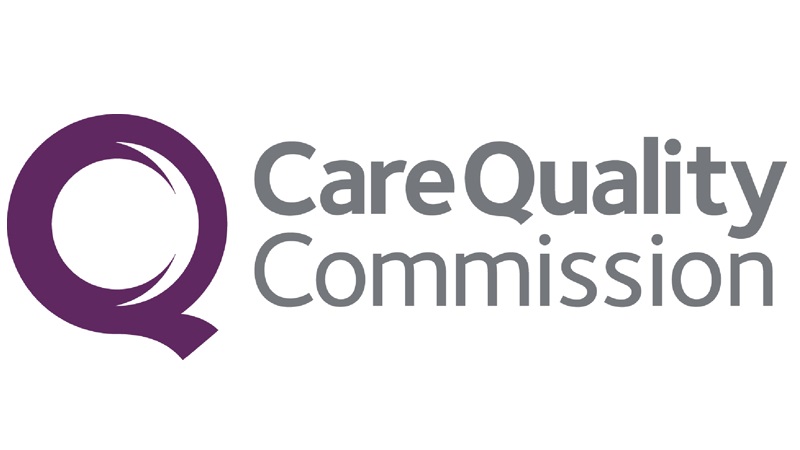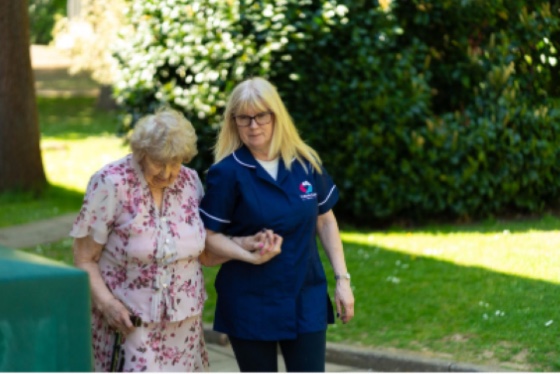The Care Quality Commission (CQC) has found that the NHS is ‘missing opportunities’ to learn from patient deaths and that investigations are inconsiderate of patients’ families.
As part of a national review basing its evidence on visits to 12 NHS trusts; a national survey of all NHS trusts providing mental health, acute and community services; interviews with over 100 families and carers; as well as information from charities and NHS professionals, the industry regulator raised significant concerns about the quality of investigation processes led by NHS trusts into patient deaths; as well as the failure to prioritise learning from these deaths so action can be taken to improve the care of future patients.
Currently, a consistent framework does not exist to support the NHS in investigating deaths, meaning that opportunities to help future patients are lost and families are either not properly involved in investigations, or left without clear answers.
Professor Sir Mike Richards, chief inspector of Hospitals at the CQC, said: “We found that too often, opportunities are being missed to learn from deaths so that action can be taken to stop the same mistakes happening again.
“Families and carers are not always properly involved in the investigations process or treated with the respect they deserve. We found this was particularly the case for the families and carers of people with a mental health problem or learning disability that we spoke to during the review, which meant that these deaths were not always identified, well investigated or learnt from.
“While elements of good practice exist, there is not a single NHS trust that is getting it completely right currently. An agreed framework needs to be established that sets out exactly what the NHS should do when someone dies and ensures that families and carers are fully involved and treated with respect.”
Furthermore, only three of the 27 investigation reports reviewed across the 12 NHS trusts, only could demonstrate that they had considered the families’ perspectives, and many were treated without respect and sensitivity.
Read more from the CQC here







